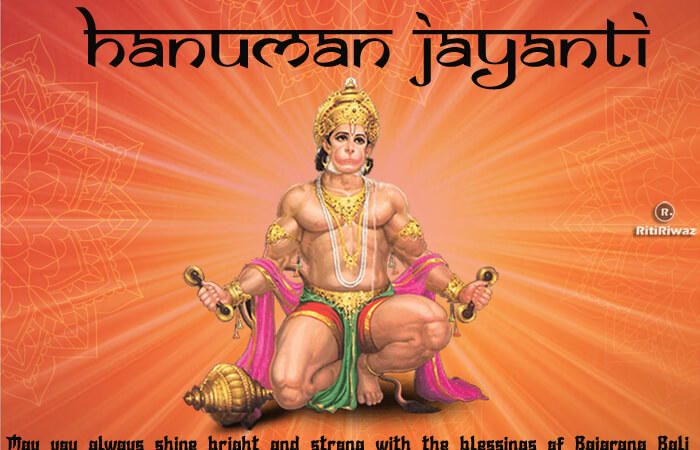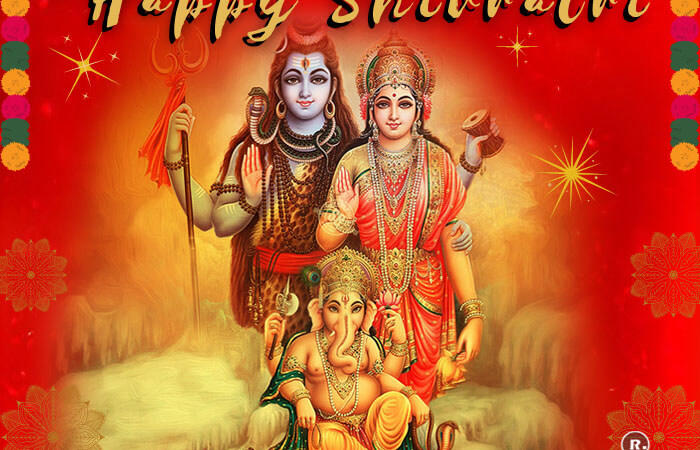Role Of Religion In Our Life

India is a secular state with no state religion and the religion is characterized by a diversity of religious beliefs and practices. Religion is a social framework in which there is regular confidence, revere, ceremonies, traditions and customs, moral qualities, and social control.
Our society is a religion-dominated society, the hold of religion over the masses is very strong. Here everything is done in the name of religion, even misdeeds are committed in the name of religion. Both in Urban and Rural areas people have a strong belief in religion and they worship gods and goddesses. There are many sects of religion, and each one preaches its own faith and ideology.
Sociologists believe that religion has played an important role in the formation of societies. It provides unifying principles to every society. Religion plays an important role to break the monotony of life through various festivals and traditional programs, it provides the way to learn about our social responsibilities.
Religion has been in existence in human society from the time immoral. religious practices, beliefs, and rituals have a great impact on our life. Religion has a healthy, elevating, and socializing impact on society. But, religion also has certain, indirect effects, which are by and large, dysfunctional. There is hardly a phase of human activity, on which religion does not have an impact.
Religion has remained with us for its goodness. One important feature of religion in our country is religious toleration. It is left to the will of the people to accept or follow any particular religion. Religions always talk about the betterment of humanity. Religions advocate universality, i.e. upliftment of all, not any particular community.
Religion is an agency of social control, which disciplines human behavior. Performance of rituals and ceremonies gives a sense of collectively to society. It provides the model for living and specifies the acts to be done or not to be done. The belief in the inner voice and the law of Karma has its impact on human action. Our activity is always guided by these principles.
Man is an emotional creature and in times of suffering, religion serves to soothe his emotions. Faith in God compensates for him and sustains his interest in life. He interprets any misfortune as the “Will of God” and bears his frustration.
Religion is regarded as the ultimate source of social cohesion. There are some social values, which maintain social cohesion. It is a religion that asks a man to renounce unsocial activities and requires him to impose limitations upon his wants and desires. One of the most important functions of religion is discipline. It is religion alone that is responsible for subordinating barbaric anarchy and for teaching reverence and obedience.
Besides this, religion shapes economic, political and domestic institutions. Religious rites are performed on many occasions, such as birth, initiation, marriage, sickness, death, and so on. They are intimately concerned with family and kinship interests and with political intuition. Religion is regarded as the central element in the life of civilization.
Religion performs some welfare service to humanity. The scriptures are great literacy work and storehouse of knowledge. The scriptures are great literacy work is a storehouse of knowledge. Religion also creates the habit of charity among the people. People have opened man charitable institutions, like hospitals, rest houses, and temples to help the needy and the poor.
Religion has contributed greatly to the growth of literature, art, and music. In our country, both in Hindu and Muslim religions, a plethora of literature has grown to give different interpretations of the religious scriptures. Sometimes, religious themes are sources of inspiration for some artists’ finest paintings. Sometimes, the ‘praise’ of God has led to the creation of some of the world’s finest music and dance forms.
Thus, religion is the supremely integrating and unifying force in human society. But, it has also some drawbacks, religion act as an opiate to dull the pain produced by oppression. It is simply a misguided attempt to make life more bearable. The establishment of religion has caused groups, regular clashes, fanaticism, and bring squares social change.
Religion has resumed in wars, devastating communalism, and genocides. Europe in the 16th and 17th centuries witnessed great unrest due to religious conflicts. The wars between the Christians and the Muhammadans in Europe resulted in the death of thousands of people. In our country, religious antagonism persisted despite the Bhakti Movement. The communal disharmony in our country brought about the Partition of our country. The communal thinking is still there in a section of society.
The intellectuals have yet to provide the proper guidelines for better use of religion in the service of national integration. Hindu divine Gods, Allah, and Jesus can soothe our minds and give us supernatural fulfillment but it cannot shield us from apprehension-based oppressors, help us in building infrastructure, schools, growth that is a much-needed thing in our country.
Suggested Read: Indian Religions






